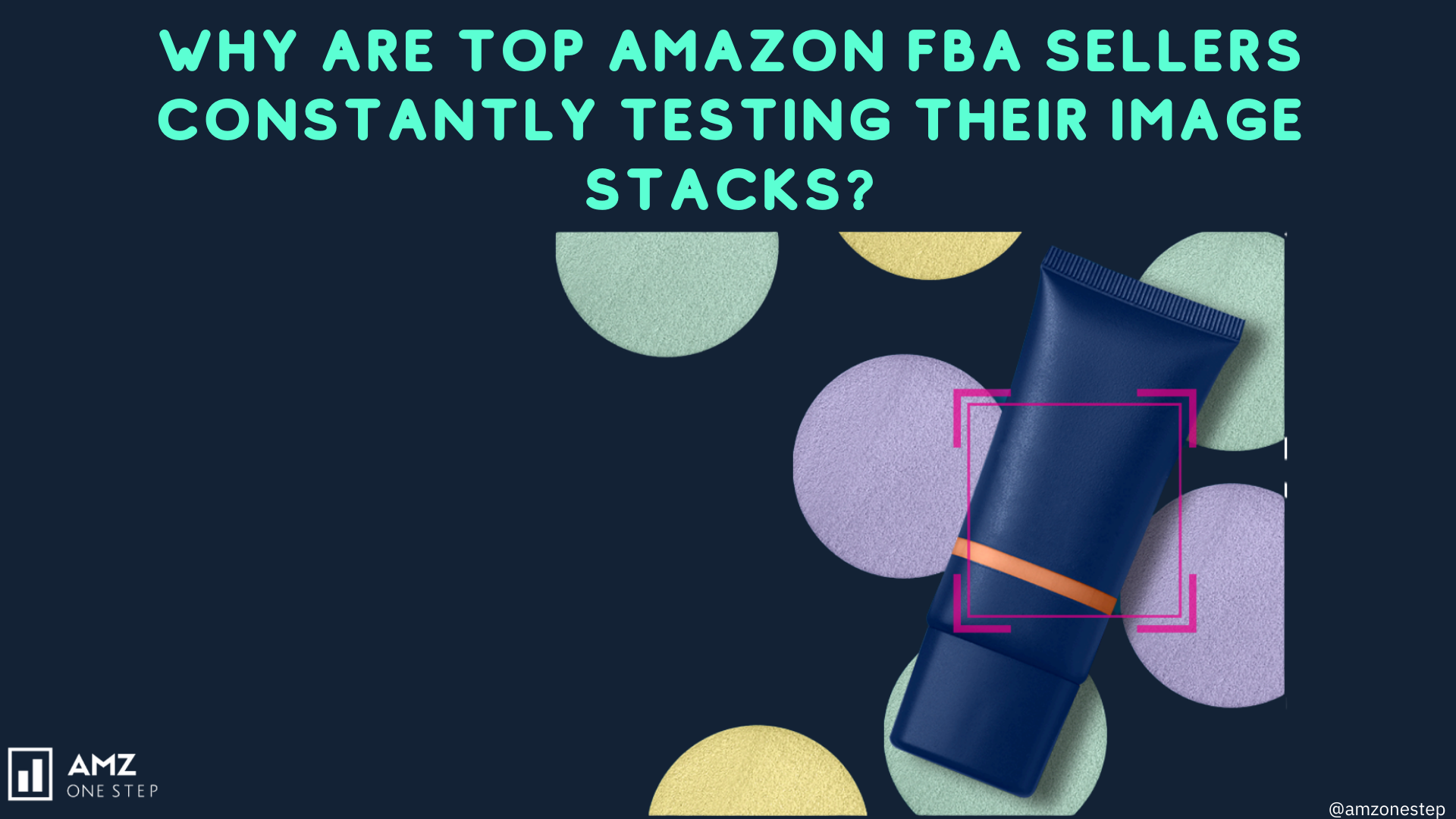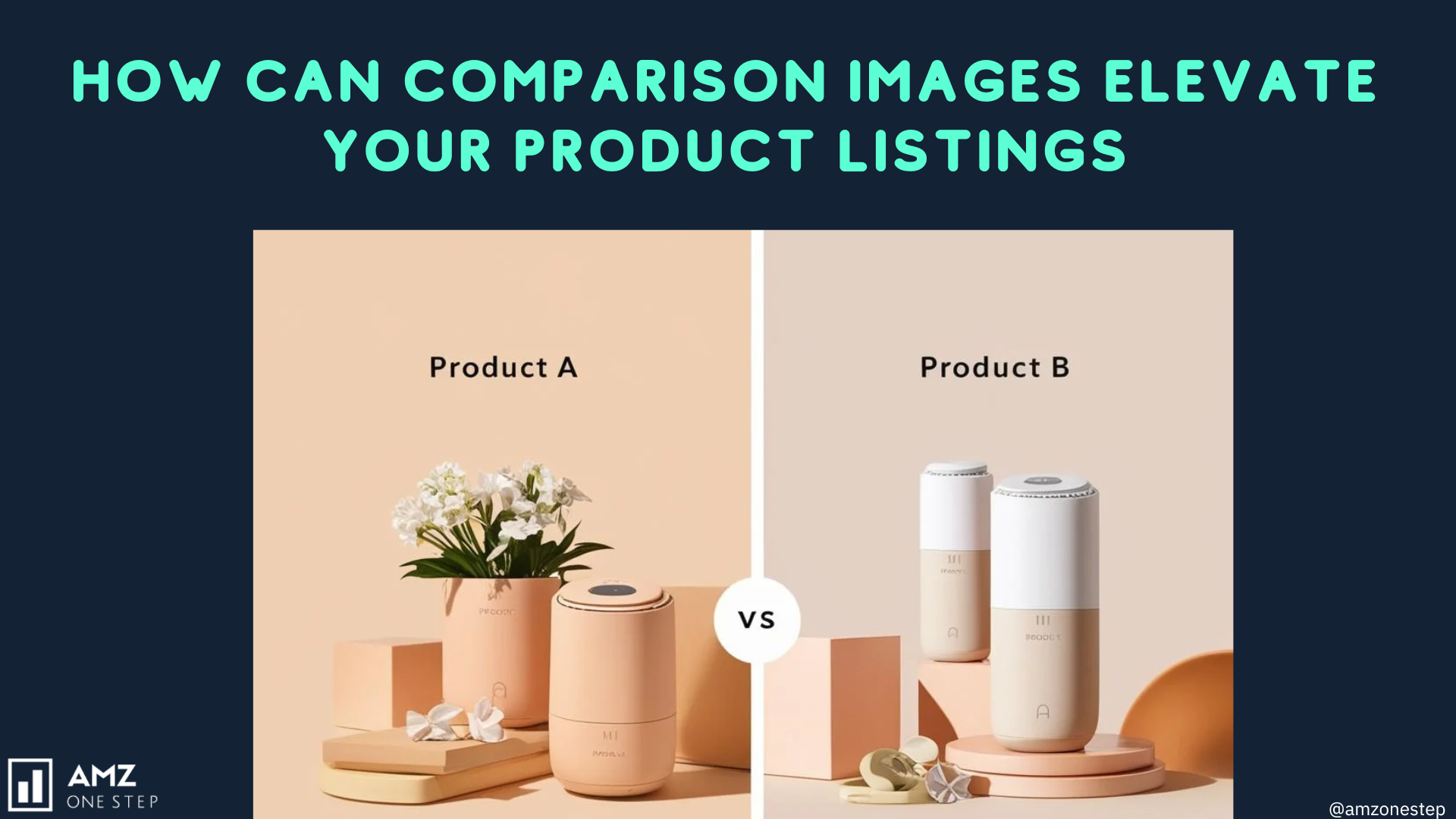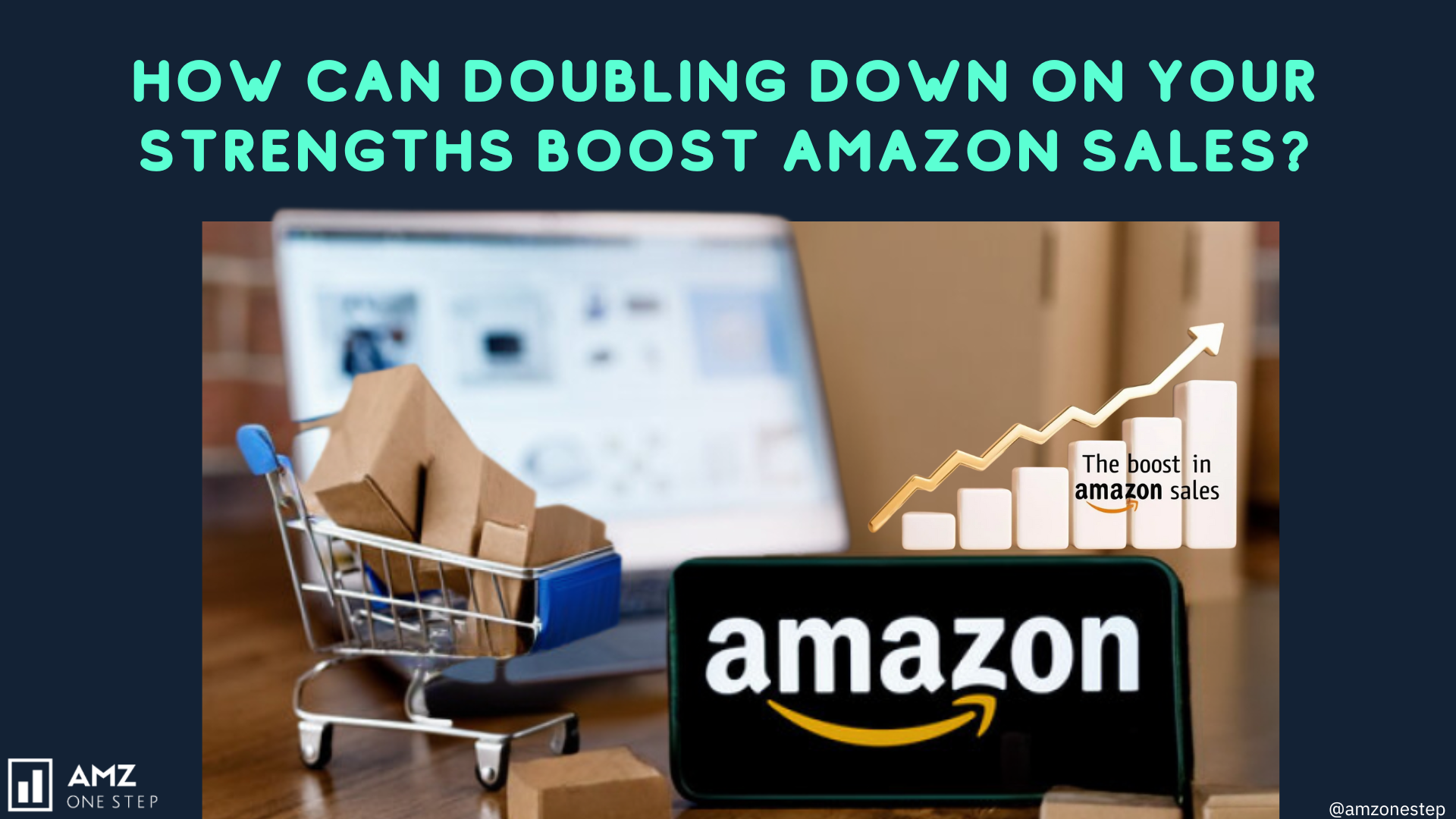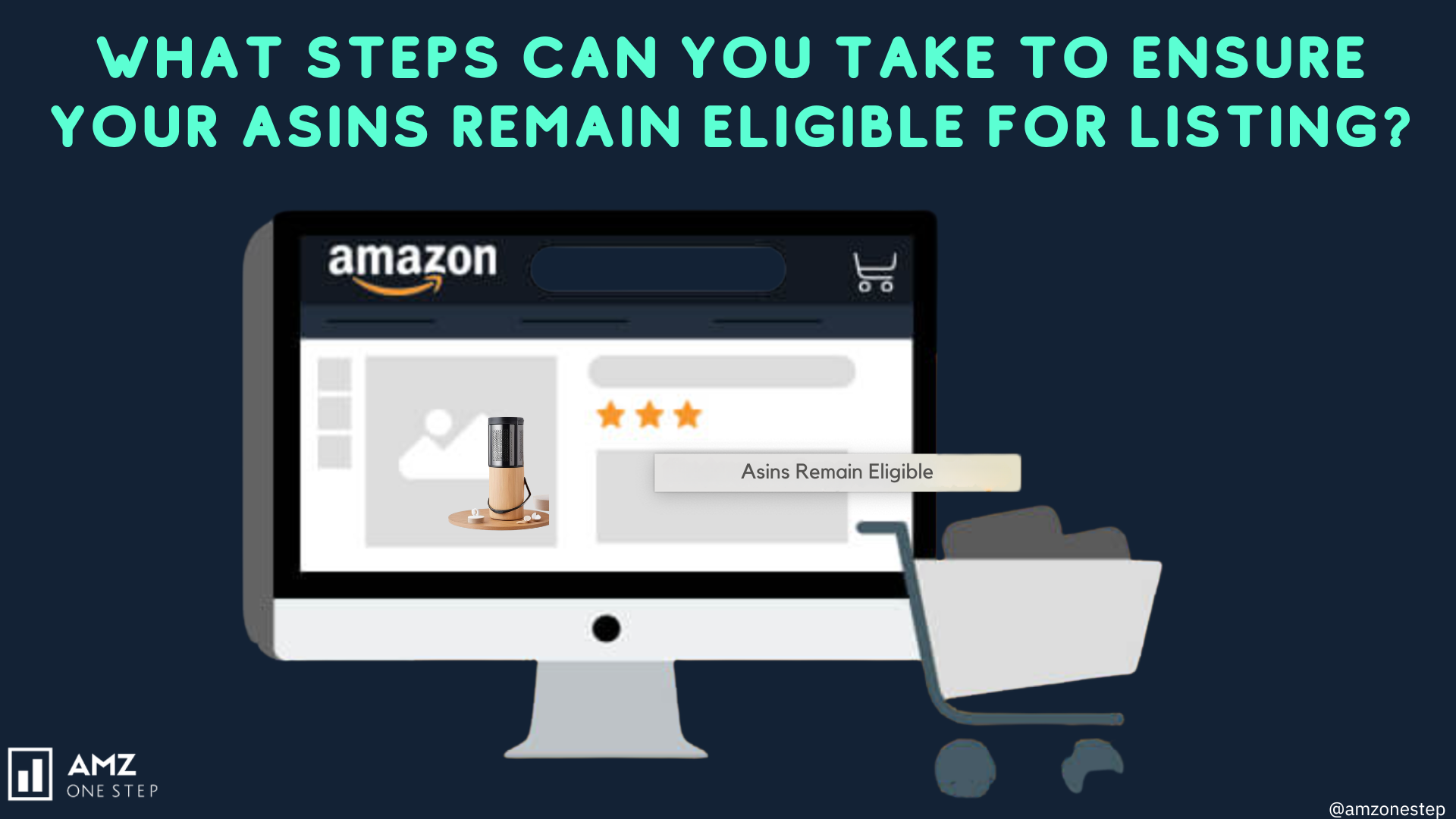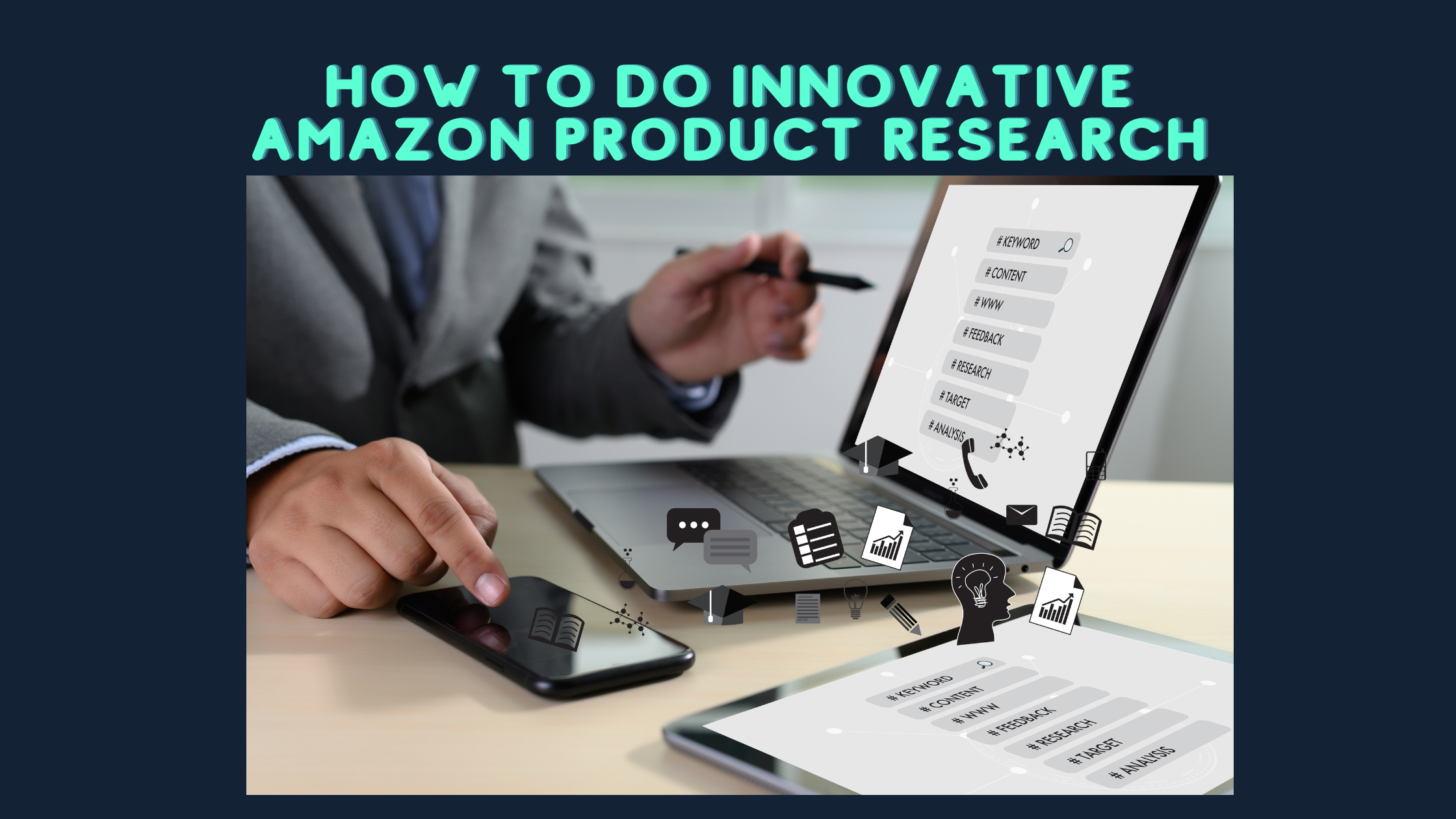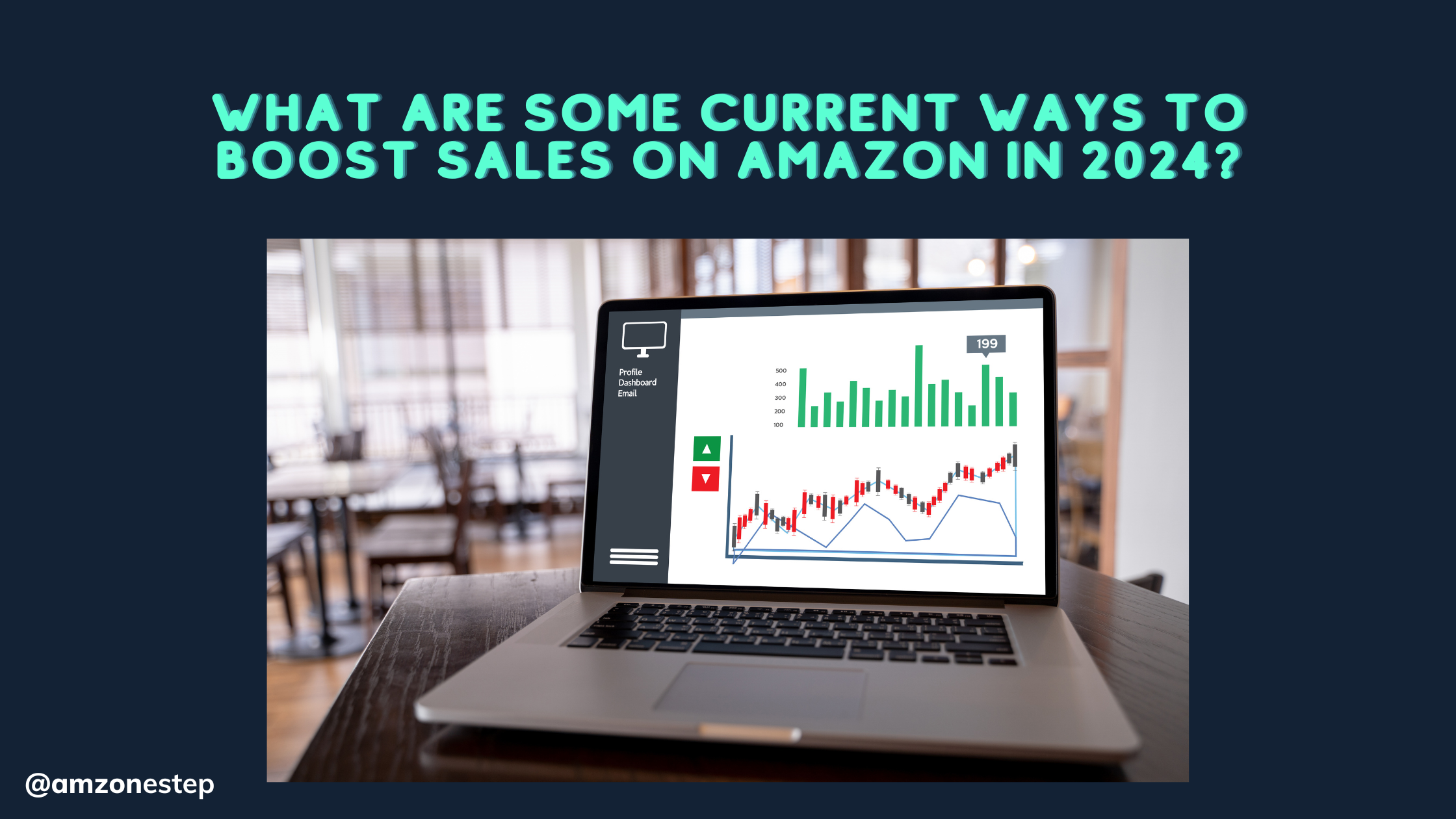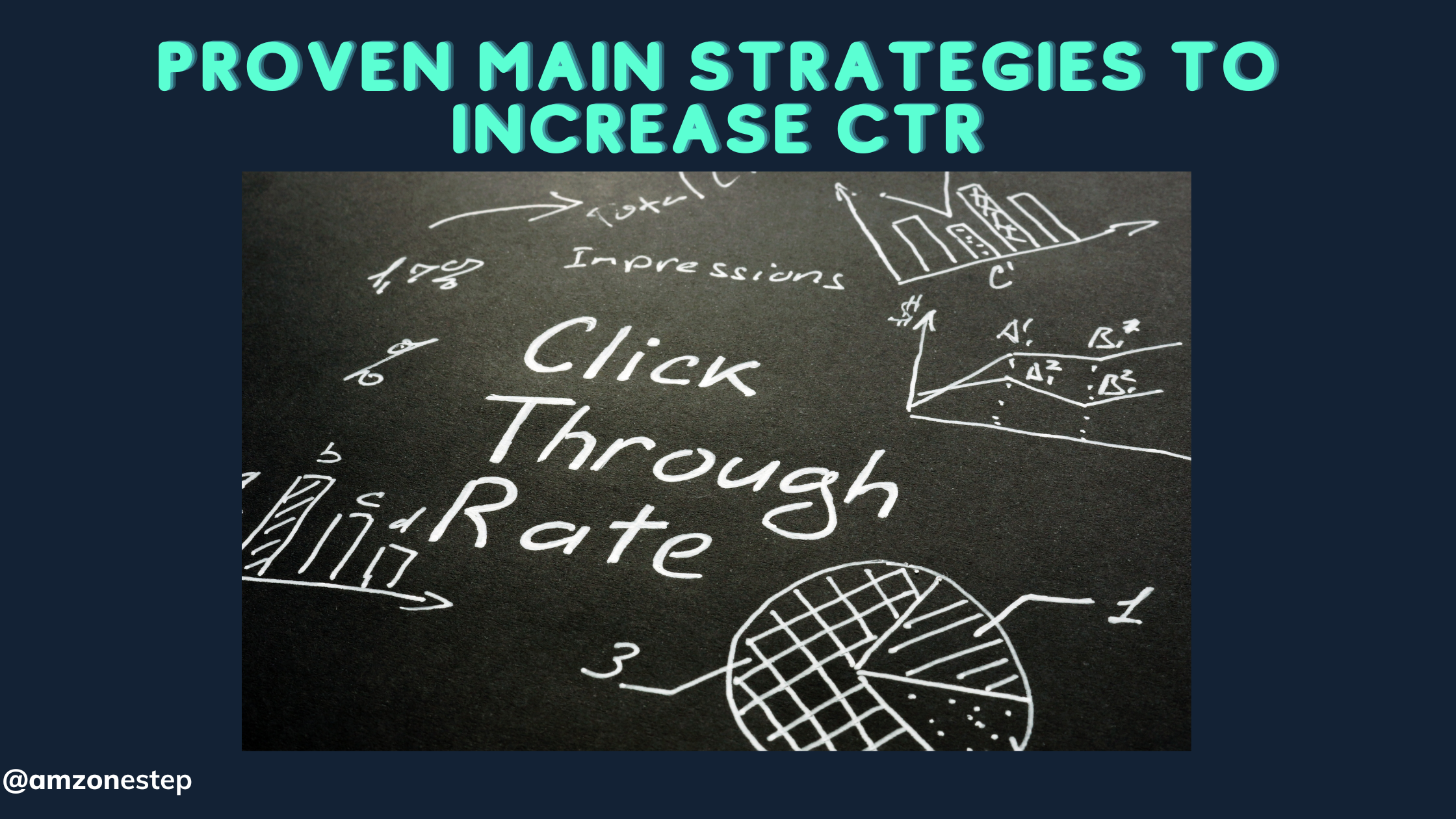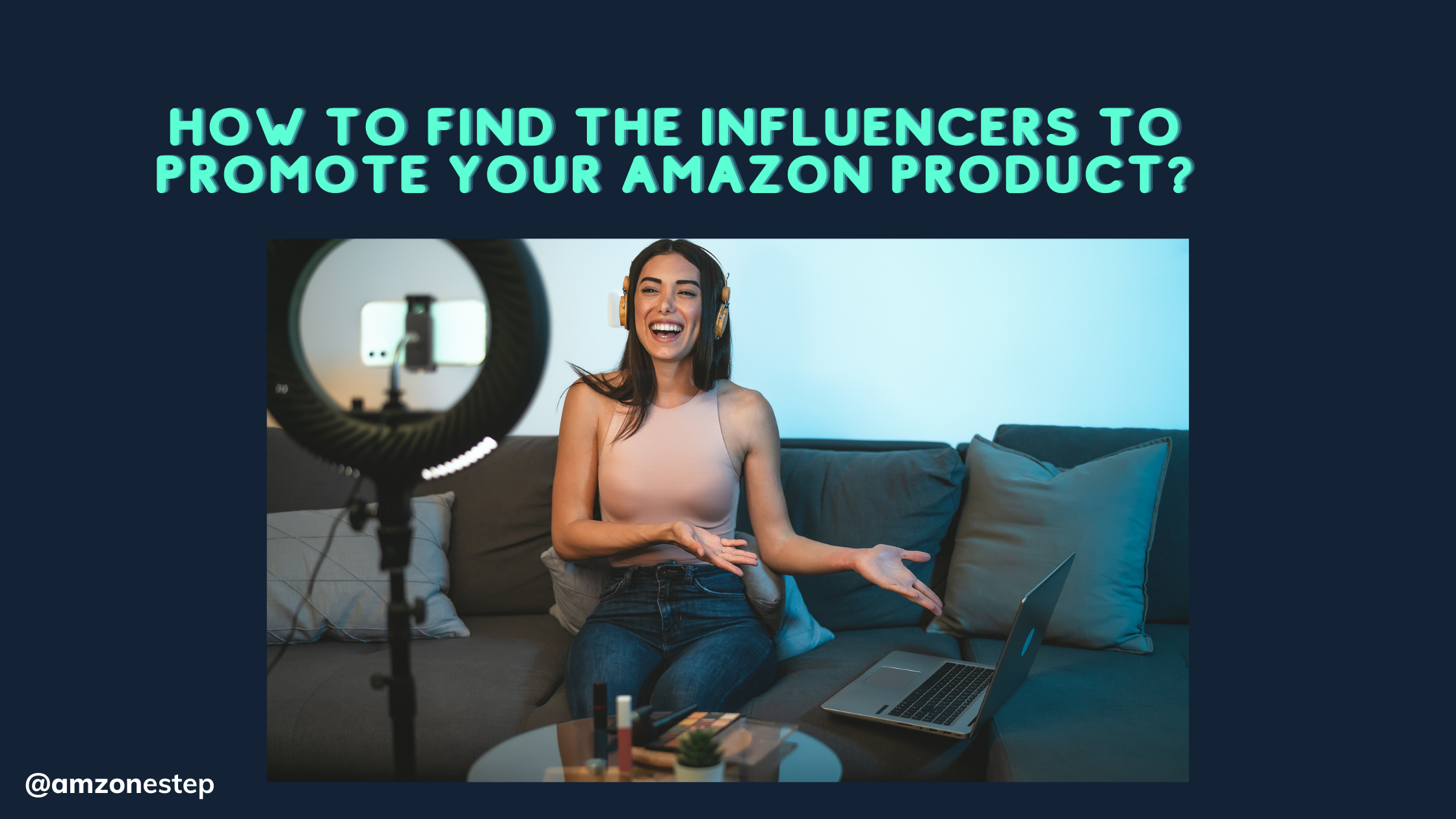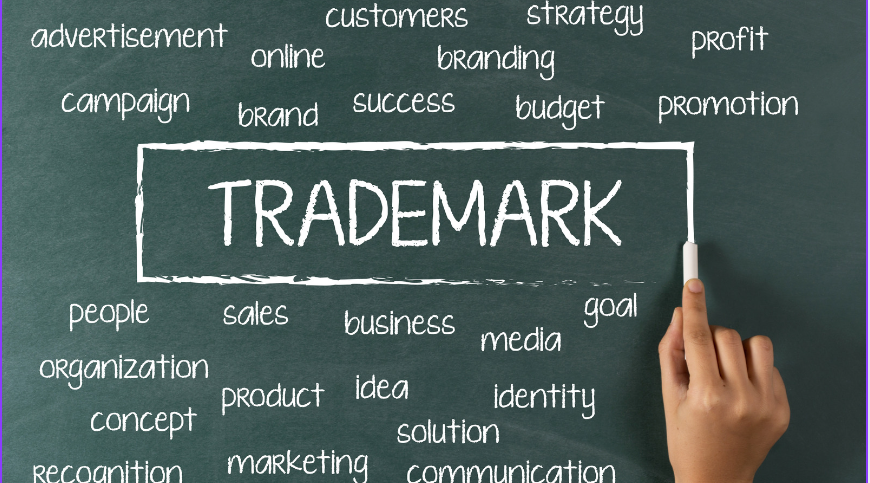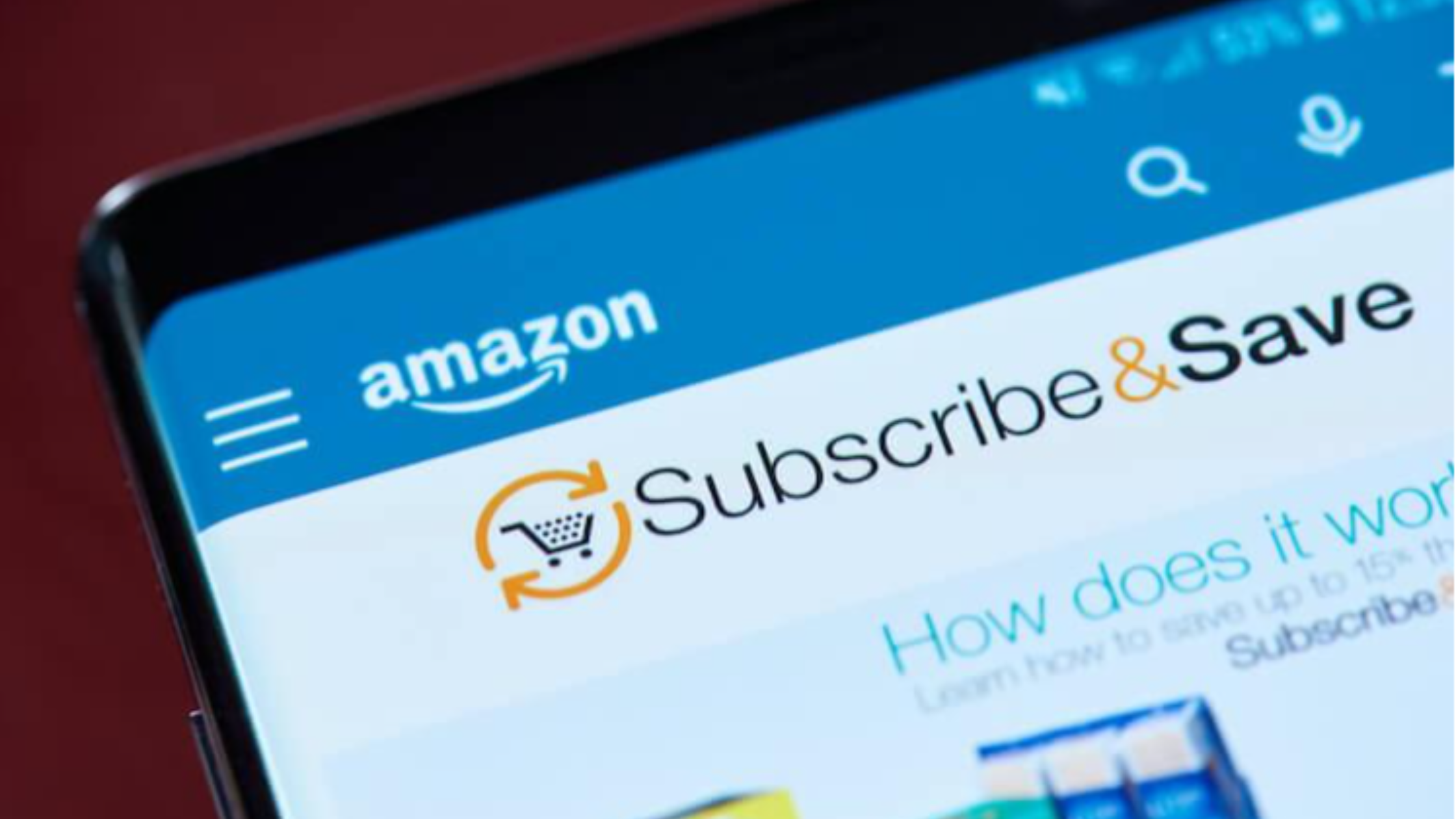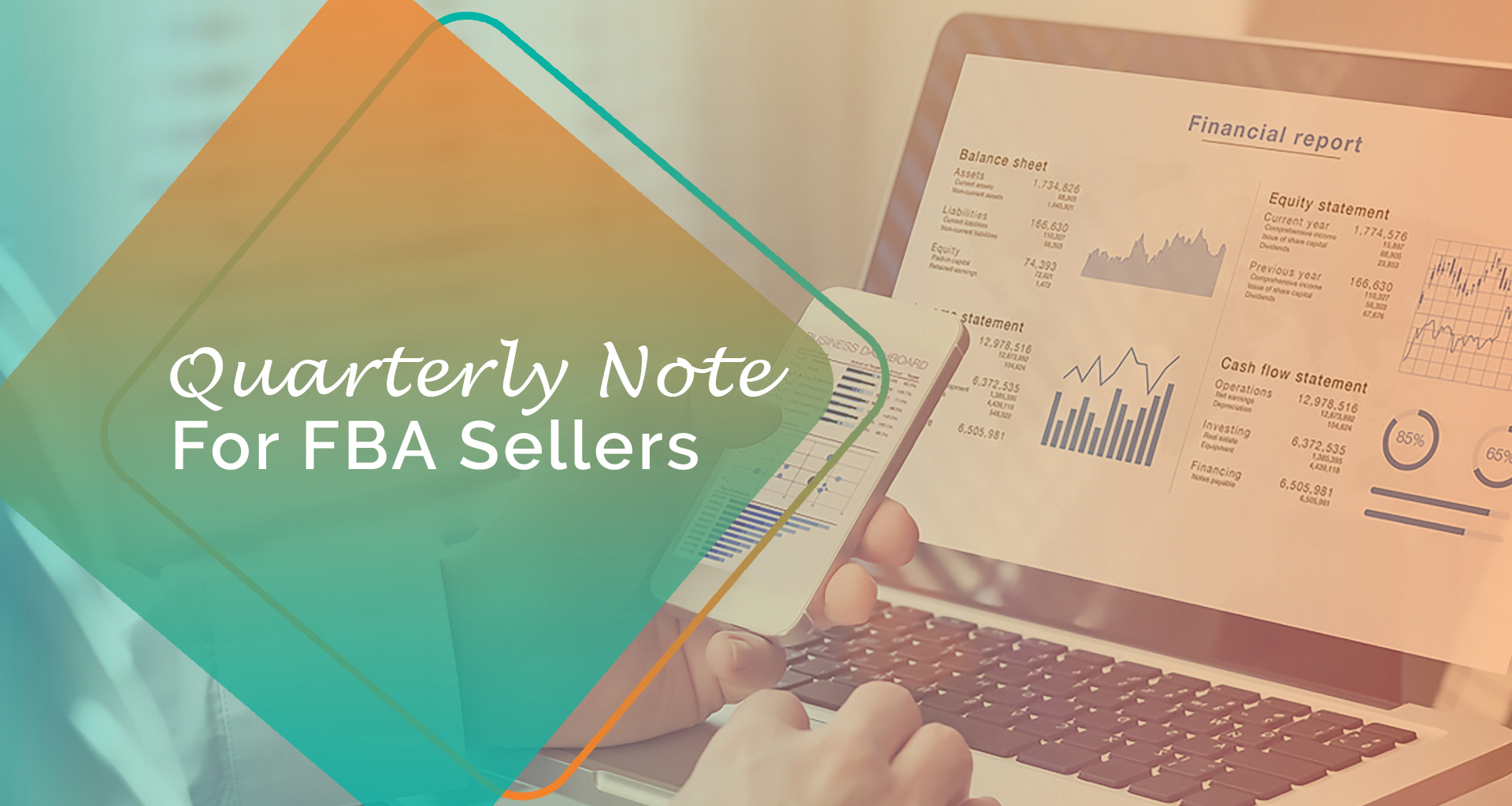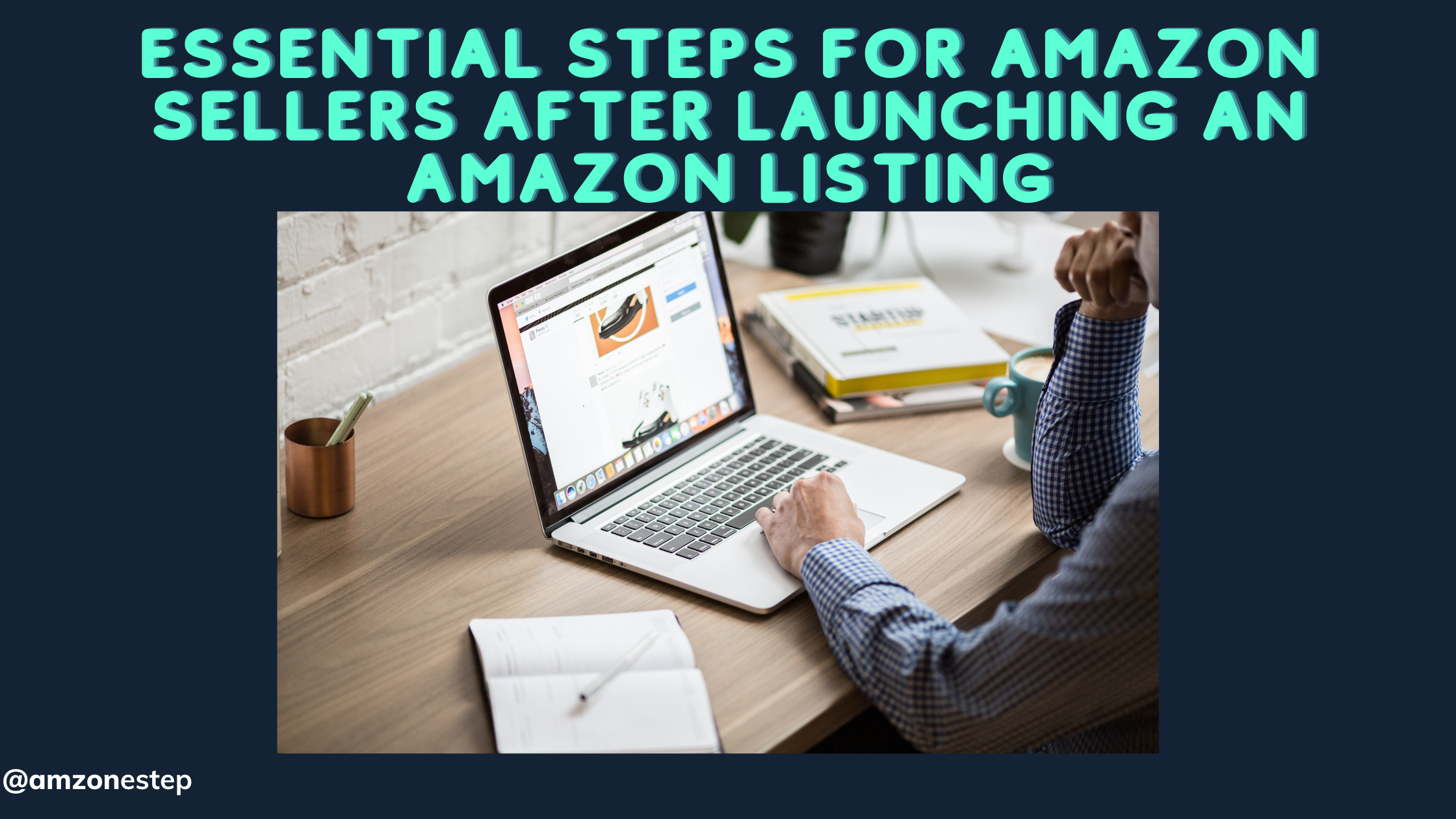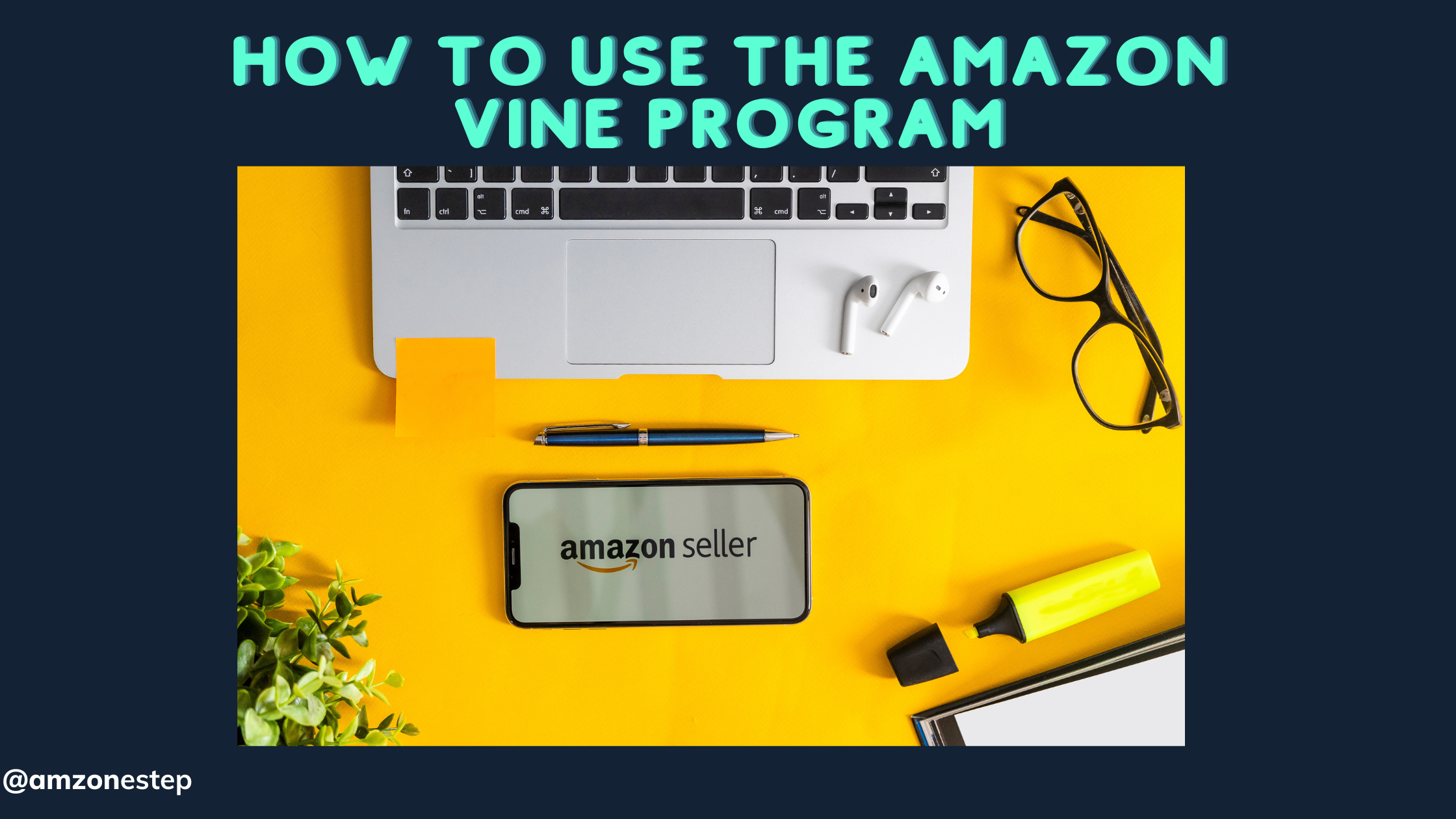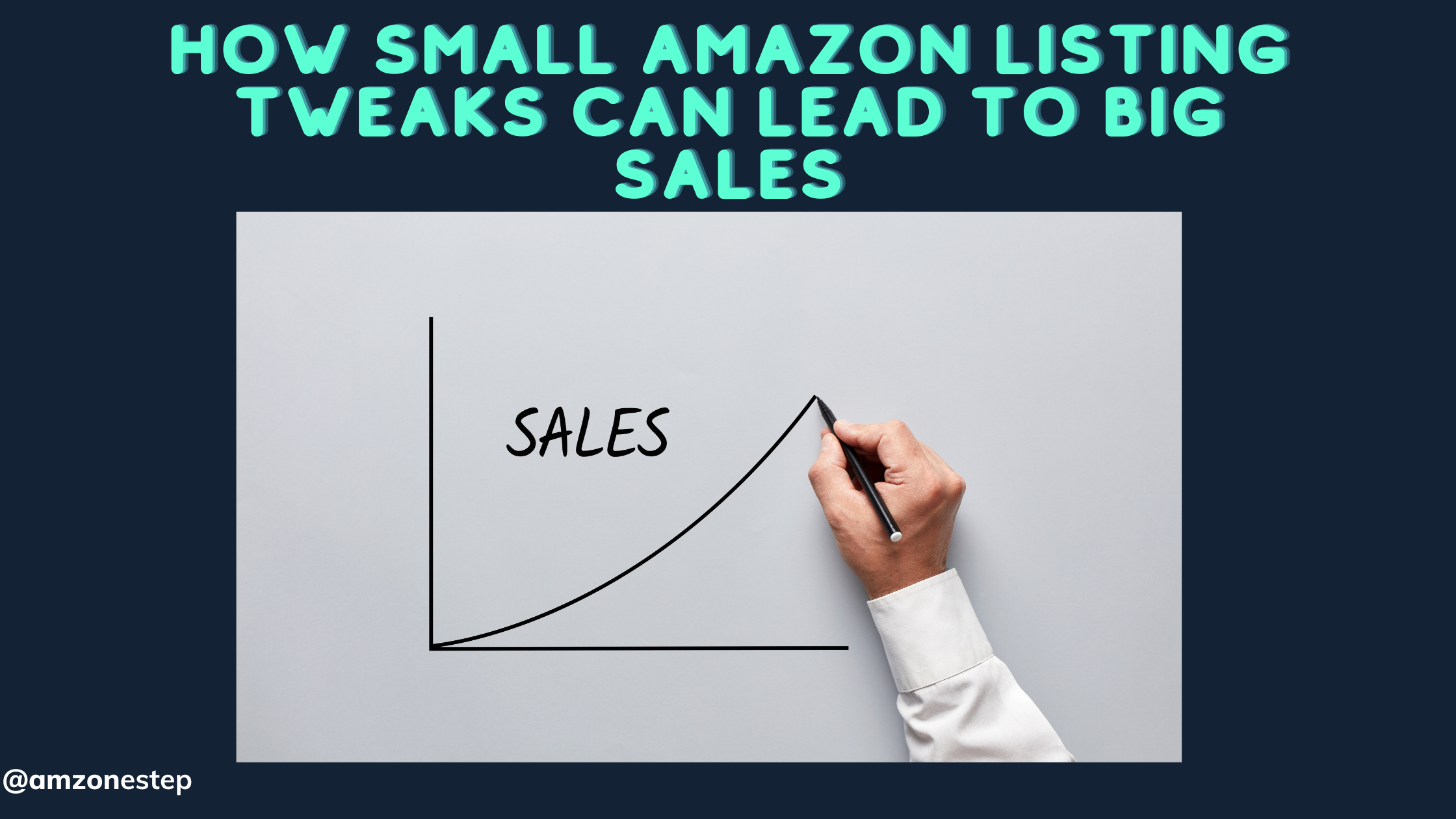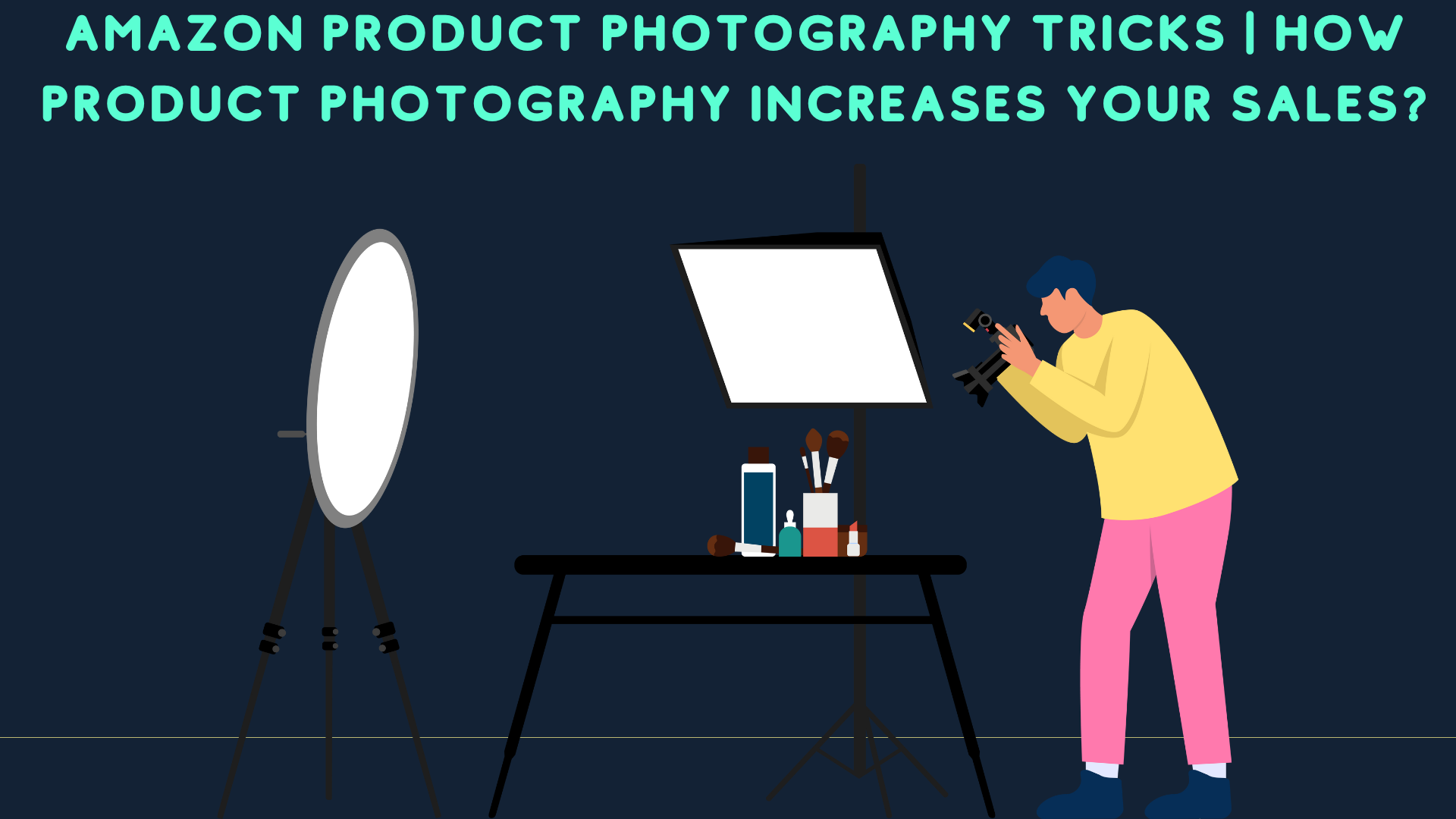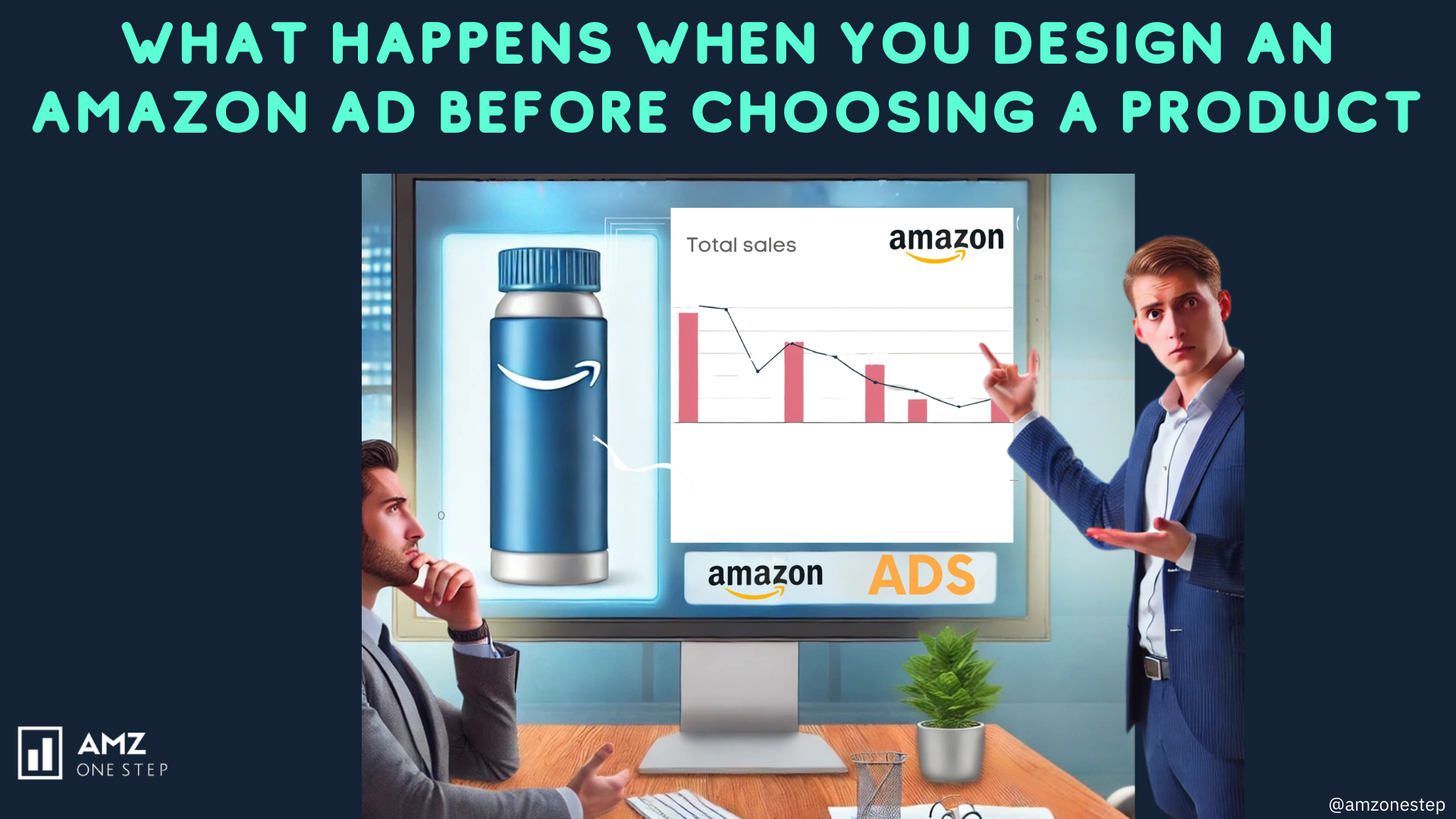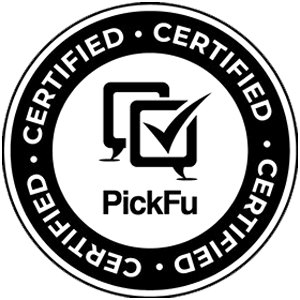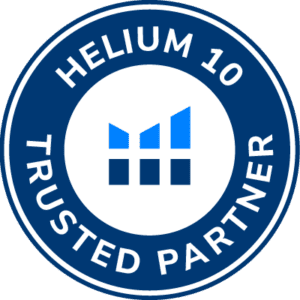Product ranking is a crucial part of selling on Amazon. Without high rankings, your products will languish, and sales will suffer. Many factors go into getting your product ranking, and it can be tricky, but there are a few things you can do to give yourself an edge over your competition.
This blog will cover some of the basics and more advanced techniques on how to rank your product on page 1 of Amazon. We’ll look at how listing optimization, fulfillment strategy, click-through rate, conversion rate, reviews, external traffic, and sales velocity as all of these things contribute to you reaching that top spot.
Now let’s give your listing the best chance to succeed.
Listing Optimization
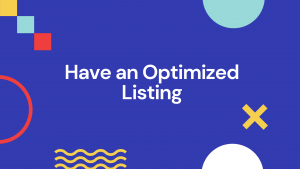
Let’s first look at listing optimization and ensure that your listing is at its full potential to succeed. What do I mean by listing optimization? Well, I want you to check out these aspects of your listing and make sure you check these off.
• Title: Ensure it accurately describes your product and contains your targeted keywords.
• Bullet Points: Have them highlight your 5 key features and or competitive advantage points. Include around 250-300 characters per section. Be sure to include more relevant keywords in each bullet point.
• Description: Your description should include any additional information that has not been included in the title or bullet points. You can use this space to potentially tell your company’s mission, the items included in the set, the product’s dimensions, etc. Oh! And make sure you’re still adding those keywords.
• Photos: Make sure to use all 7 image spaces. Get professional photos done that showcase your product in the best possible way and abide by Amazon’s TOS.
• A+ Content: A+ content has become almost a necessity for all serious sellers but is technically optional. I would highly recommend utilizing it but focus on the other points if you aren’t brand registered yet. You do have to be brand registered, so be aware of that.
So there’s a brief summary. If you’d like to know all about listing optimization, there’s a blog here that you can check out.
Let’s now look to the second aspect that you, as the seller, can fully control.
Fulfillment Strategy

The key is knowing the best fulfillment style that works for your niche or type of product.
If all of your competitors are offering Prime shipping with their products, it’s probably in your best interest to offer that.
My suggestion would be to do Fulfillment by Amazon or FBA for short. This way, you ship your products to an Amazon warehouse, and they store, package, ship your products. They’ll also handle returns.
Doing FBA will allow for you to offer Prime with your products (I do believe Amazon is letting select brands offer it even if they are FBM now, but it’s a very minimal amount).
If you want exposure for your product, offering free shipping through Prime will help. You must differentiate yourself. If your competition isn’t offering Prime, doing FBA and offering Prime may be a substantial competitive advantage.
Offering Amazon Prime shipping with your items can lead to more sales on Amazon. Customers are more likely to buy things if they know that shipping is free and it will arrive in 2 days or less. In addition, listings that offer Prime delivery are two times more likely to convert someone than a listing without the option of Prime Delivery.
Click-Through Rate
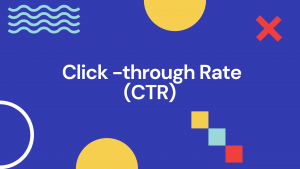
Click-through Rate (CTR) is the number of people who click on a listing the number of people who see the listing.
CTR is the rate at which users click a link to a product detail page, so if your product has a high CTR, then it will rank higher. Amazon also ranks products by relevance, so if your product is relevant to other products in the same category, it will be ranked higher.
For example, if 100 people see your listing and then 10 click on it, your CTR is 10%.
The more people pass by your listing, the more Amazon thinks your product isn’t relevant to that search term.
The Click-through rate can be increased through PPC campaigns or email marketing tactics.
Conversion Rate
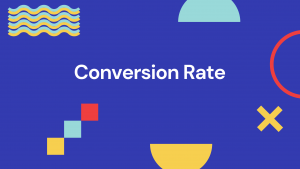
Conversion Rate (CR) is the number of people who purchased/number of people who clicked on the listing.
One of the more important factors is the conversion rate. When people visit your Amazon product page but don’t buy the product, this will hurt your ranking.
It is important to think about why they aren’t buying and then try to fix the issues that may be dissuading them from making a purchase. If you improve conversion rates, then this will result in higher rankings.
Conversion rates are impacted by factors like price, shipping time, and customer service.
Reviews

It’s hard to get your product ranking up on page 1 without reviews. Amazon is not going to rank a product with zero reviews high on their website, and the higher you are in the search results, the more likely you are to have people clicking through and buying from you.
Therefore, it is crucial that you provide reviews for your products as soon as possible after getting them to customers (you should be getting reviews at least every few weeks, if not sooner). By providing reviews, you are also generating feedback from your customers, which Amazon will consider when ranking your product.
Amazon wants to provide its customers with reputable and well-reviewed products, so the more reviews you have, the higher your ranking will be. Even if you’re just starting, you can still rank higher by getting your product reviewed.
A way to get more reviews is to run short sales with incentives like discounts, gifts cards, or promo codes that are limited in availability.
External Traffic

You can also try directing external traffic to your Amazon listing. Amazon’s algorithm loves to see traffic coming to your listing because it means lots of people are interested in it and that Amazon should probably rank it higher.
For example, if you have a blog, include links back to your product. If you’re a member of a forum and make an interesting post, take the time to update your signature with a link back to your product on Amazon so people reading the forum thread can click and see what you’re talking about.
External traffic from sources outside of Amazon can impact your ranking position as well, so try using social media ads or blog posts mentioning your products to drive interest there!
Make sure that you’re investing in building up an audience of human followers, not bots or automated tools. Bots aren’t good for promoting your product, as they never really have a chance to tell their friends about it after visiting the Amazon page.
Sales Velocity

Sales velocity is how many units of your product are you selling a day.
Probably the biggest factor that contributes to your ranking on Amazon is your sales velocity.
The more sales you make, the more inclined Amazon will be to rank your listing higher, especially if they see that people search for a specific item and consistently choose yours. It all adds fuel to the fire.
Sales velocity is going to be more or less dependent on the aspects mentioned above. But, at the end of the day, sales/conversions are king.
Conclusion

In order to rank your product on page 1 of Amazon, you’ll need to consider listing optimization, sales velocity, click-through rate, conversion rate, and more. I hope this blog has helped give you some insight into how these metrics contribute to ranking your products on the site’s first page.
If you have questions about what we covered in our post today, please reach out!

Hi there! I’m the content marketing and branding specialist for AMZ One Step. I work hard to create engaging and informative content that helps our readers learn more about Amazon selling and how to make the most of their businesses. I love spending time with my family and exploring literary works when I’m not writing or working on projects.
